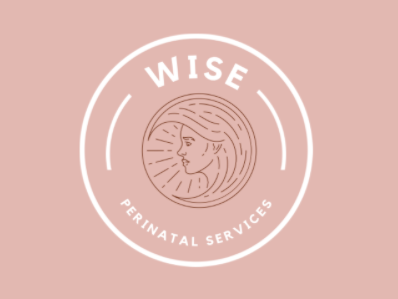Miscarriage and Pregnancy loss
Miscarriage and pregnancy loss is a unique and often hidden grief experience, with some women reluctant to seek support, or not being aware that support is needed or available. Unfortunately, miscarriage can be quite a common occurrence with up to one in five pregnancies ending before week 20.
We are here to support you through your pregnancy loss regardless of whether this is for miscarriage, termination for medical reasons, other termination, and other neonatal loss.
Birth trauma and birth debriefing
Many experiences during labour and birth can contribute to feelings of distress and trauma symptomology. This can especially be the case if your expectations or wishes for your birth were not met, if you experienced feeling unheard by your care provider, were not provided informed consent about choices for your care or interventions during your birth, or if you feel your rights as the birthing mother were not respected.
Should you be experiencing distress or trauma related to your labour, birth, or post-birth experience, contact us today.
Wise woman
New parenthood or subsequent parenthood can be a significant adjustment for families. The journey to motherhood, termed “matresence”, can contribute to a massive upheaval in your identity and your connection to yourself and your partner. This journey is often rewarding, bringing a deeper knowledge of yourself and your capacity to love and live for another. But this journey can also be one of the most exhausting, taxing, challenging and stressful periods you will ever experience.
One in five women will experience postnatal depression. It is also very common to experience heightened anxiety and anger. Seeking psychological support during this significant adjustment period may be beneficial to supporting your mental health and well-being.
Your journey is our passion.
Birthing partners and spouses
Hey Wise dads! Let’s hear it for the boys!
The mental health functioning of fathers can contribute significantly to the overall mental health of the family. Unfortunately, one in ten dads can also suffer from postnatal depression. Given men’s postnatal mental health is only just starting to get some recognition, it’s likely that men need a lot more support than we currently understand to help transition and settle into fatherhood.
Unfortunately, there is even less research on the experiences of the postnatal journey amongst the LGBTIQA+ community. We don’t want to assume that everyone’s experience is the same. We do understand the unique stressors that parenthood can bring though and can support you in your new parenthood journey.
We are here for everyone. If you are a birthing partner or spouse and you need support, reach out today.
